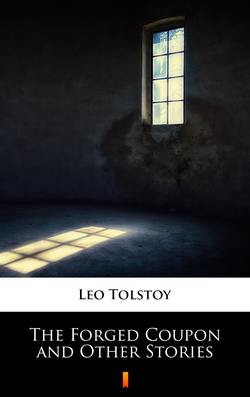The Forged Coupon and Other Stories

Реклама. ООО «ЛитРес», ИНН: 7719571260.
Отрывок из книги
Leo Tolstoy
The Forged Coupon and Other Stories
.....
In this lamentable manner the history of Russia’s internal misrule and disorder has continued to repeat itself for the last sixty years, revolving in the same vicious circle of fierce repression and persecution and utter disregard of the rights of individuals, followed by fierce reprisals on the part of the persecuted; the voice of protest no sooner raised than silenced in a prison cell or among Siberian snow-fields, yet rising again and again with inextinguishable reiteration; appeals for political freedom, for constitutional government, for better systems and wider dissemination of education, for liberty of the Press, and for an enlightened treatment of the masses, callously received and rejected. The answer with which these appeals have been met by the rulers of Russia is only too well known to the civilised world, but the obduracy of Pharoah has called forth the plagues of Egypt. Despite the unrivalled agrarian fertility of Russia, famines recur with dire frequency, with disease and riot in their train, while the ignominious termination of the Russo-Japanese war showed that even the magnificent morale of the Russian soldier had been undermined and was tainted by the rottenness of the authorities set over him. What in such circumstances as these can a handful of philanthropists achieve, and what avails alms-giving or the scattering of largesse to a people on the point of spiritual dissolution?
In these conditions Tolstoy’s abhorrence of money, and his assertion of its futility as a panacea for human suffering, appears not merely comprehensible but inevitable, and his renunciation of personal property the strictly logical outcome of his conclusions. The partition of his estates between his wife and children, shortly before the outbreak of the great famine in 1892, served to relieve his mind partially; and the writings of Henry George, with which he became acquainted at this critical time, were an additional incentive to concentrate his thoughts on the land question. He began by reading the American propagandist’s “Social Problems,” which arrested his attention by its main principles and by the clearness and novelty of his arguments. Deeply impressed by the study of this book, no sooner had he finished it than he possessed himself of its forerunner, “Progress and Poverty,” in which the essence of George’s revolutionary doctrines is worked out.
.....